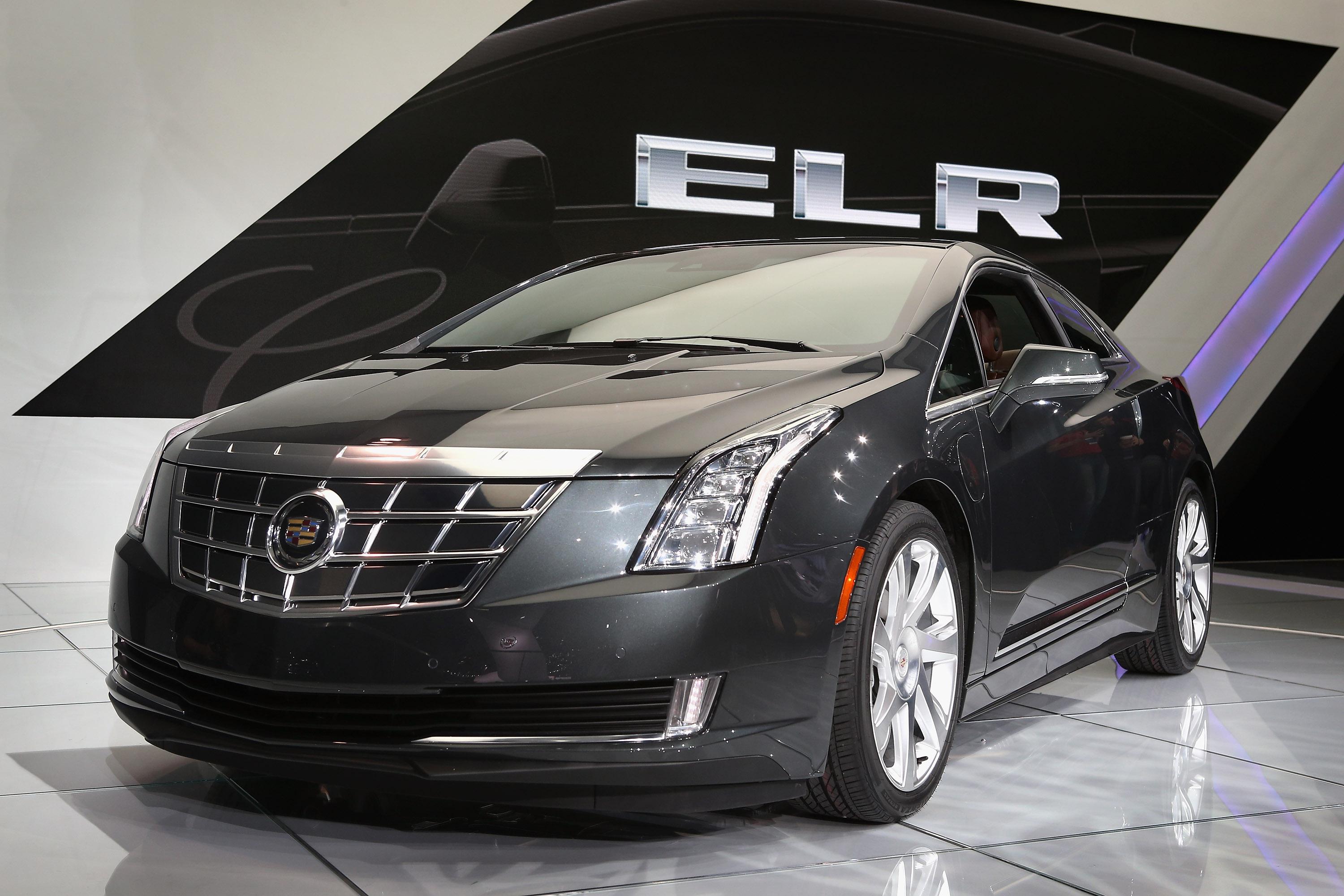Here’s another piece of good news for Affordable Care Act implementation that, for a variety of reasons, the White House is unlikely to trumpet—the most generous health insurance plans in America are getting less generous and the evidence suggests that the ACA’s “Cadillac tax” on very expensive insurance plans deserves the credit. Or the blame. This may not sound like good news, but to health wonks it is.
The story goes back to America’s quirky treatment of health insurance. You see, if your employer pays you money, then you have to pay taxes on the money your employer pays you. And your employer can’t get around this by cutting your pay and then agreeing to make monthly mortgage payments on your behalf. The IRS thought of that. There are a few loopholes here. You might travel to that conference in Denver “for work” but actually go because it’s fun and your employer’s decision to cover your flight and hotel room will count as a business expense rather than as your income. And that’s a key reason why we have so many conferences. It’s also a key reason why we have so much employer-sponsored health insurance. Unlike your salary, the value of the health insurance premiums your employer makes on your behalf come tax-free.
The upside to this is that by creating a substantial incentive for companies to offer health insurance plans to their employees, we create a situation in which most Americans find themselves in a decently sized risk pool. If you eliminated this tax subsidy for health insurance, risk pools would be downsized.
The downside is that the tax code creates a bias toward people overconsuming health care services and underconsuming everything else that money might buy. This bias especially advantages people with high incomes, for whom tax subsidies are very large due to their relatively high marginal income tax rates.
Most economists and policy analysts have, therefore, long favored either eliminating the tax subsidy for employer-provided insurance to replace it with something else, or else capping or phasing out the tax subsidy. Since the idea of the Affordable Care Act was to be small-C conservative and gradual in its impact, the natural thing to do would have been to cap the subsidy and then phase it out over time as the economy adjusts to the new exchange model. But doing so would have violated President Obama’s unwise campaign pledge to avoid any tax hikes on any middle-class Americans, so his team instead came up with the slightly kludgy idea of an “excise tax” (like on tobacco or alcohol) to be levied on unusually expensive health insurance plans. It’s a bit of a silly workaround, but functionally it works the same way as a phase-out.
Conservative ACA critics in their scorched earth campaign against Obamacare have been insisting that this, like every promising cost-control measure in the law, is doomed to failure and/or will never be implemented. The story today about actual employer and insurer response to the Cadillac tax indicates that, no, it is beginning to have an impact. Note that this is not the first piece of good news about health care spending aggregates, and that by and large we should expect the press’ understandable and inevitable negativity bias to underestimate Obamacare.
